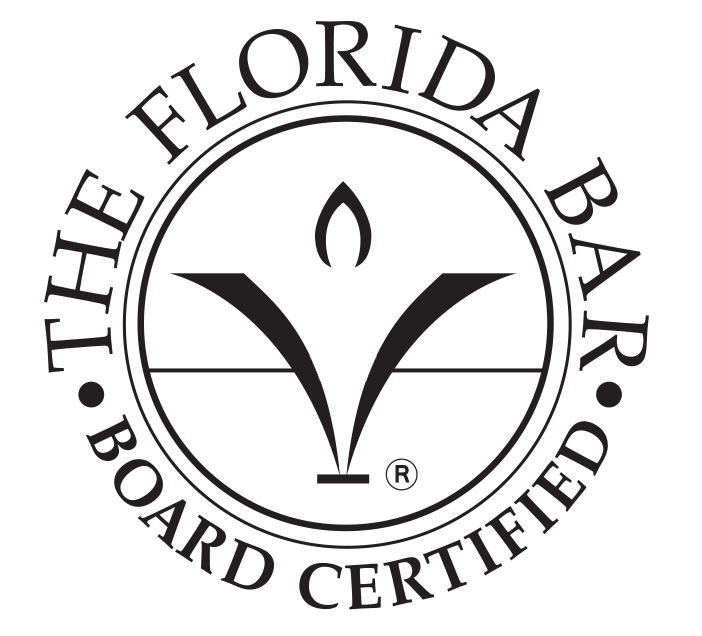Wills vs. Trusts: Which is Right For Me?
You want to preserve your legacy for your loved ones and reduce undue taxation on your estate. Is a Will or a Trust the best way to do that?
There is no set answer. The best Estate Planning tool for you will depend on your circumstances and your goals for the future. In this blog, we explain the pros and cons of Wills and Trusts so you can determine which one is a better fit for your priorities.

Wills Explained
A Will is a fundamental Estate Planning document. You can use it to:
- Specify how you want your assets distributed after your death
- Name beneficiaries
- Appoint a guardian for your minor children
- Impose conditions on inheritances (For example, your son will only get your vintage wine collection after he turns 21)
After you pass, your Will goes through a structured, court-supervised probate process. Probate can be expensive and time-consuming, especially if anyone challenges it. Once the court determines that the Will is legal and valid, your executor (the person you appoint to administer your estate) will pay your outstanding debts using estate funds before distributing assets to your beneficiaries.
If you have minor children, you will definitely want to make a Will, as you cannot use a Trust to designate guardians for them. A Trust can manage their inheritance for them until they reach legal age.
Trusts Explained
Living Trusts are legal entities created solely to protect your estate and (depending on how it is set up, your own future) There are two main types: Revocable and Irrevocable. Unlike Wills, Trusts are private, so you don’t have to worry about your estate details becoming public record. You can appoint someone to take care of your Trust property if you become incapacitated.
Revocable Living Trusts
By establishing a Revocable Living Trust and transferring assets into it, you can manage the property during your lifetime and designate a representative to distribute it to beneficiaries after your death. Since you still have control over the contents, however, a Revocable Living Trust will not protect your estate from creditors or lawsuits.
Irrevocable Living Trusts
With Irrevocable Trusts, you relinquish all rights to the assets transferred into the Trust. As soon as the written terms are established, they cannot be revoked or changed for any reason (hence the name.) Advantages include:
- The property is not regarded as part of your estate, thus avoiding estate taxes
- Trust contents are protected from creditors and judgments
- You no longer legally own the assets, so you can qualify for Medicaid assistance
Trusts are more complicated and expensive to set up than simple Wills, but for many people, the protection they offer is worth the time and cost.
Get the Help You Need Today
There is no right or wrong answer to the question of choosing between a Will and Trust. At Sutton Law Group, we will go over the particulars of your estate and put together a plan that works for you. Contact Sutton Law Group today to get started! We are dedicated to your success.














